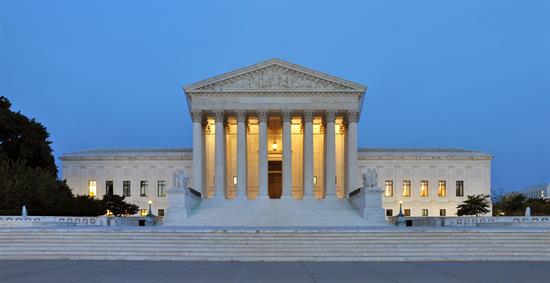Press Releases
Amid Clarence Thomas Ethics Scandal, Pingree Joins Effort to Hold Supreme Court Justices AccountableAmong other things, the Supreme Court Ethics, Recusal, and Transparency (SCERT) Act and the Supreme Court Ethics Act would impose a Code of Conduct to hold the justices to higher ethical standards and help restore Americans’ waning faith in the Judicial Branch
Washington,
April 12, 2023
Congresswoman Chellie Pingree (D-Maine) has cosponsored two bills—the Supreme Court Ethics, Recusal, and Transparency (SCERT) Act and the Supreme Court Ethics Act—to bring accountability to the U.S. Supreme Court. The Congressional effort, led by Rep. Henry C. “Hank” Johnson, Jr. (D-Ga.), comes in the wake of a ProPublica investigative report that found Supreme Court Justice Clarence Thomas has for years accepted gifts and luxury trips from billionaire and Republican megadonor, Harlan Crow. Among several provisions, these bills would impose a Code of Conduct to hold the justices to higher ethical standards and help restore Americans’ waning faith in the Judicial Branch. “Trust in the Supreme Court was already at a historic low, but this level of corruption by Clarence Thomas shows why it is necessary for the Court to adopt a code of conduct, just like every other federal judge and member of Congress,” said Congresswoman Pingree. “Frankly, it’s preposterous that judges who sit on the highest court in the country are operating without explicit, enforceable rules. Thankfully, strong investigative journalism is exposing corruption, but we need a statutory solution to ensure the Supreme Court is one the American people can trust. Given the recent disturbing revelations, it’s clear that now more than ever, Congress must act to hold the high court accountable and to restore integrity in the institution.” Under the SCERT Act, among other things, there would be:
The Supreme Court Ethics Act would:
### |

